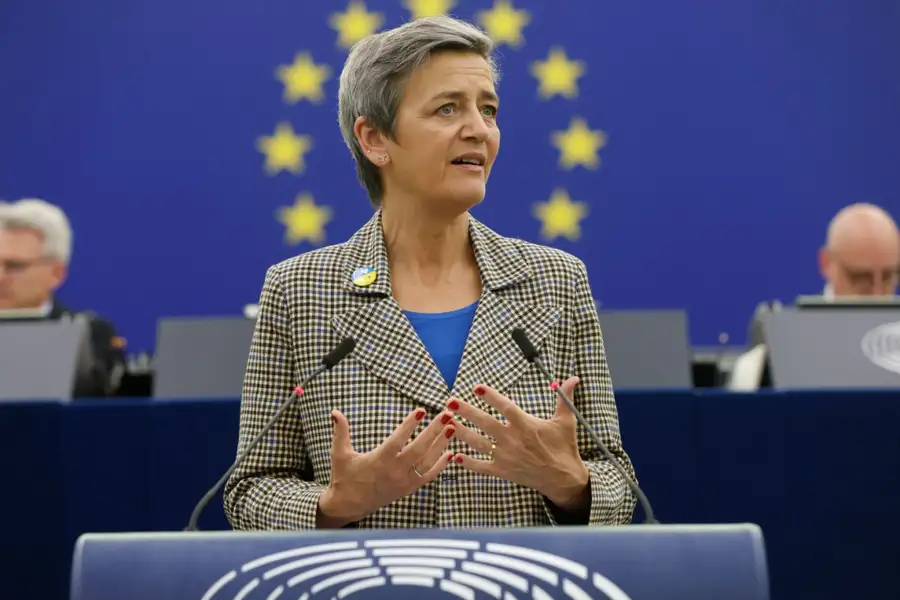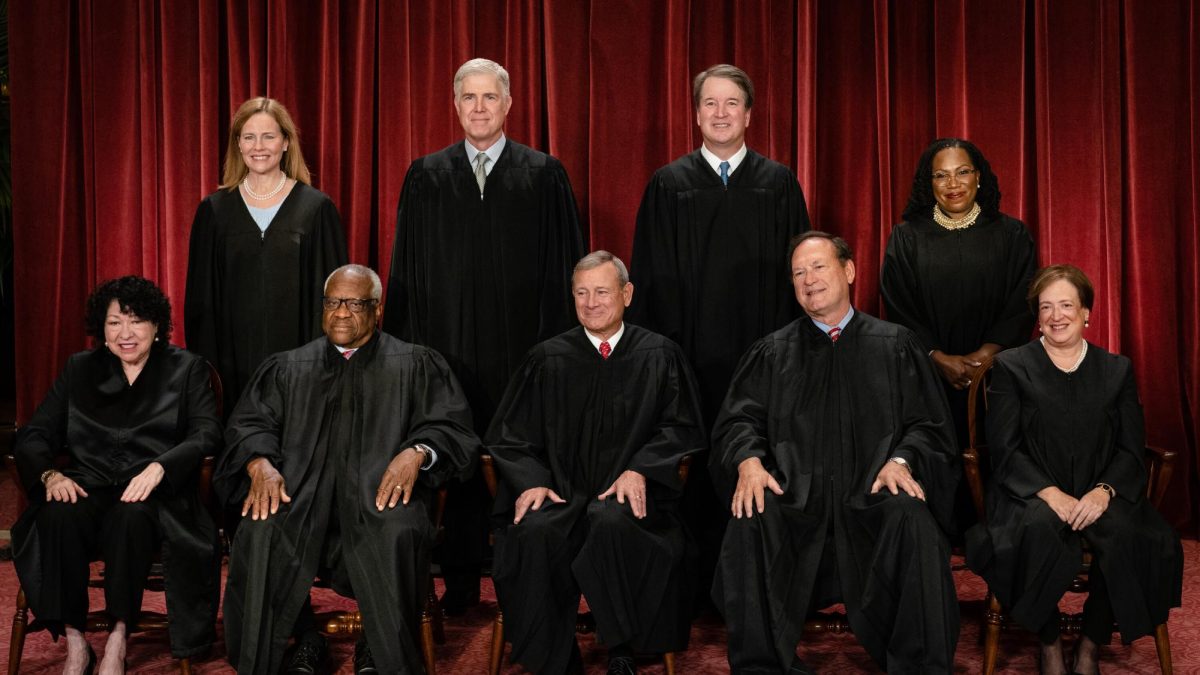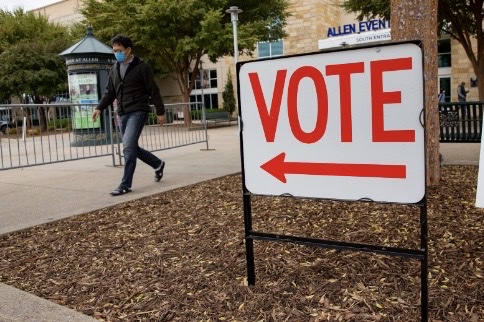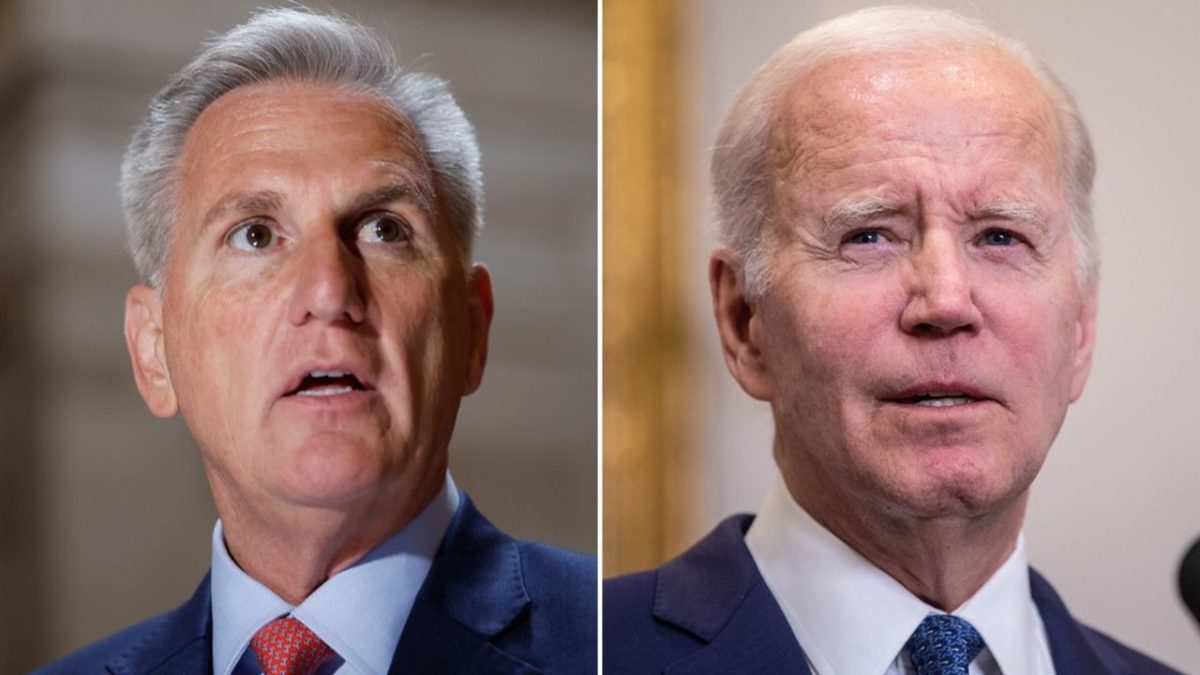
The 28th Conference of the Parties to the U.N. Framework Convention on Climate Change (COP 28) is the U.N.’s latest mission to address climate change.
Between Nov. 28 and Dec. 12, over 70,000 delegates from hundreds of member states, convene at the annual conference, held at Expo City, Dubai, in the United Arab Emirates (U.A.E), the 2023 host country.
Throughout the two weeks, delegates cover topics such as global carbon emissions, reducing the dependence on fossil fuels, and develop plans to respond to extreme weather crises.
This year’s conference has sparked international attention due to the “global stocktake,” or evaluation of the Paris Agreement, created at COP 21 in 2015. The treaty sets long-term climate change goals, including limiting global temperature rise to 1.5 degrees Celsius, to mitigate current global warming trends.
“COP 28 is expected to be a turning point, where countries not only agree ‘what’ stronger climate actions will be taken but show ‘how’ to deliver them,” said the official U.N. website. “Measuring the progress towards achieving the Paris [Agreement’s] goals on mitigation, adaptation and climate finance and adapting existing plans is a key part of the puzzle. This is why COP 28 assumes more significance.”
The annual event typically opens with a ceremonial introduction meeting, followed by days of various world leaders on stage discussing climate change issues and solutions. After this initial discussion period, the remaining days focus on specific themes, ranging from finance to energy. Finally, the COP concludes with pledges and coalitions targeted towards the future.
‘“To combat growing climate-related challenges, it is important to act with solidarity across the board,” said Dr. Sultan Al Jaber, the COP 28 president, in a closing speech at the U.N.’s Climate Ambition Summit in New York, United States, on Sept. 20. “[Currently], climate finance and speeding up the energy transition [are] the most urgent goals.”
Today, the UN has a goal to achieve net-zero emissions by 2050. This involves cutting greenhouse gas emissions to as close to zero as possible, with excess emissions being reabsorbed into the atmosphere through the ocean or forests.

To solve these issues, many wealthy nations, who some believe are largely responsible for the climate crisis, are pledging money dedicated to helping developing countries most vulnerable to climate change. The fund, spearheaded by the U.A.E and Germany, totals over $700 million. On a larger scale, according to the U.S. Global Leadership Coalition, estimated damages due to the climate emergency range between $100 and $580 billion, resulting in the funding covering a small fraction of the overall impact.

“For us, it is important that this fund benefits the most vulnerable countries and that as many of us support [it] as possible,” said German Chancellor Olaf Scholz on the climate disaster fund. “For the countries whose prosperity has grown enormously over the last decades, and [who] have contributed to a large extent to today’s global emissions also bear responsibility: we need your support too.”
Smaller nations, often overlooked in climate change discussions, use the conference as a forum to bring their situations to light. Backed by Pope Francis, the sovereign of the Vatican City State, developing countries seek reliable and targeted funding to minimize climate-emergency damages, while urging larger nations to address climate change with a global perspective.
“[The] needy [are] responsible for scarcely 10 percent of toxic emissions, while the gap between the opulent few and the masses of the poor has never been so abysmal,” said Francis, who isn’t present at the COP due to health-related issues, but wrote a letter read at summit on Dec. 6. “The poor are the real victims of what is happening: we need [to] think of the plight of Indigenous peoples, the tragedies of hunger, water and food insecurity, and forced migration.”
However, some are skeptical of the conference’s ability to enact change, particularly due to its non-binding nature, preventing countries from following through with their pledges.
“We’re always cautious about the proliferation of additional declarations and pledges promoted at the COP,” said Daniel Lund, a climate advisor to the Fijian government in an interview with Reuters. “Fiji has joined calls in the past that were meant to be long-standing initiatives, but were quickly forgotten.”
Other criticisms are centered towards Al Jaber, who recently claimed that the solution for the gradual ‘phase-out’ of fossil fuels, or reduction of their use to zero, was based on “no science,” in a live event on Nov. 21.
In addition to being the COP 28 president, Al Jaber is the chief executive of the Abu Dhabi National Oil Company (ADNOC), the state’s primary oil corporation, which many see as a major conflict of interest. In fact, in June 2023, many emails regarding COP 28 were allegedly accessible to ADNOC, according to an inquiry conducted by the Guardian.
“[Al Jaber] is trying to dance on two dance floors at the same time,” said Christiana Figueres, a former U.N. climate chief who played a major role in the adoption of the Paris Agreement. “From a COP president perspective, it’s very dangerous. I just don’t see most countries, and certainly not the vulnerable countries, being willing to support the president on this because it’s a direct threat to their survival. When you are the president of the COP, you cannot put forward the position of the country that you’re coming from– you have to be neutral.”
Nevertheless, conference members remain firmly committed to accomplishing COP’s goals.
“This is a pivotal moment,” said U.S. Vice President Kamala Harris at the summit on Dec. 2. “Our action, or worse, our inaction, will impact billions of people for decades to come. For as much as we have accomplished, there is still so [much] more to do, and continued progress will not be possible without a fight. In the face of resistance, and in the context of this moment, we must do more.”






